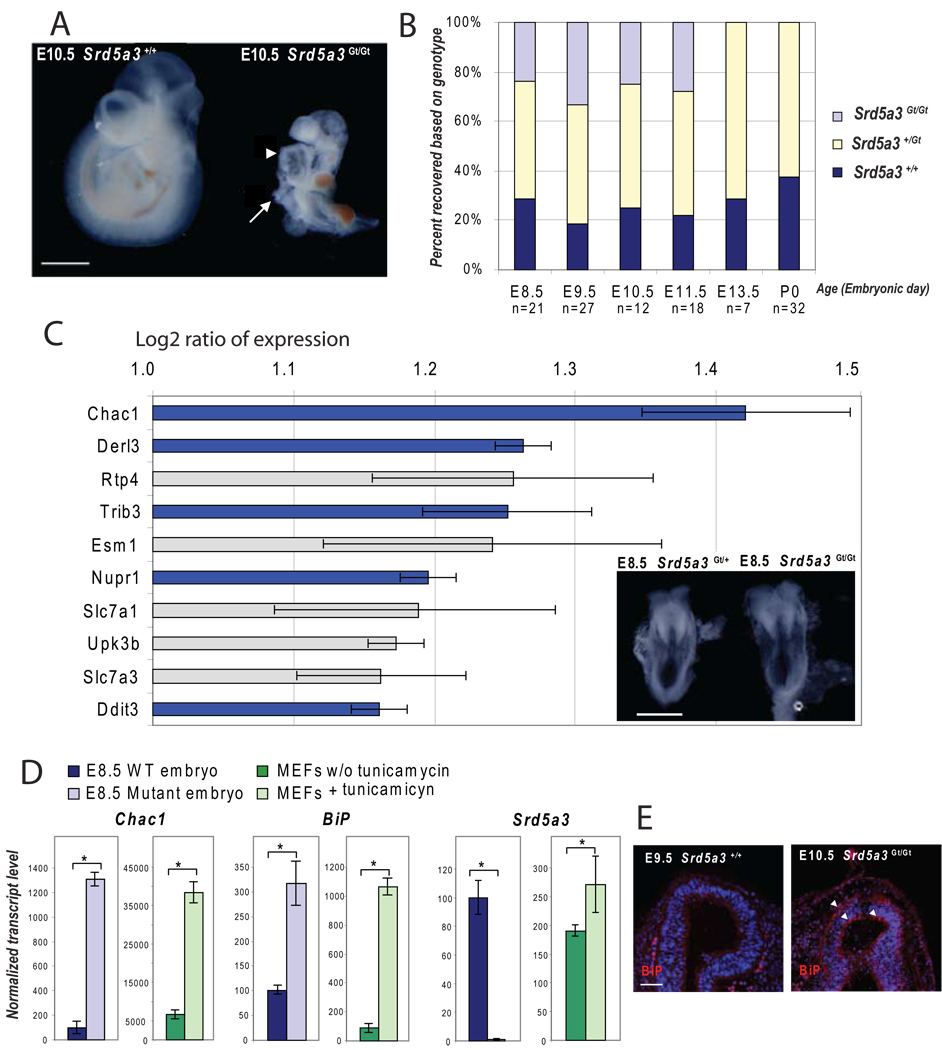Figure 4. Characterization of homozygous Srd5a3Gt/Gt gene trap mouse embryos.
(A) Phenotype at E10.5 shows failure to rotate, ventral body wall defect (arrow) and dilated heart (arrowhead). Scale bar 1 mm.
(B) Graphic representation of the genotype obtained from the progeny of heterozygous mating, with lethality appearing between E11.5 and E13.5.
(C) Genes overexpressed in Srd5a3Gt/Gt at E8.5 detected using 44k mouse genome oligo microarray (1 is the Log 2 of a 2 fold expression increase, error bars represent the mean +/− standard deviation from 4 independent experiments). Among 10 of the most upregulated genes, 5 (in blue) are involved in the unfolded protein response pathway UPR). Morphology of heterozygous and homozygous Srd5a3 mutant embryos at E8.5, before embryo axial rotation. Scale bar 500 µm.
(D) Real-time RT-PCR confirming activation of the UPR pathway (Errors bars are means +/− standard deviations, asterisks indicate p<0.05, n=3).
(E) Immunofluorescence staining showing expression of BiP protein (red), a marker of the UPR pathway activation, in the neuroepithelium of the forebrain vesicle (arrowheads). Scale bar 50µm.
See also Figure S4.

